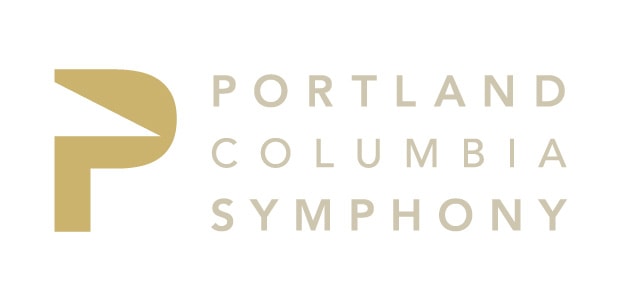After 32 years with PCSO’s bass section, Dave Knaub shares a few of his favorite memories, pandemic observations, and more in this one-on-one interview.
How did you choose your instrument?
To tell the truth, it happened so long ago, in middle school, that I can’t remember the circumstances. I do know that I had problematic teeth and went through orthodontia three times, so a woodwind or brass instrument was definitely out. I was always a big kid with large hands, so maybe I fell into the double bass by default. There have been no regrets since.
When did you first join PCSO?
I joined in 1989, when it was a very fine community orchestra. Maestro [John] Trudeau’s vision of programming works by unknown composers and unknown works by famous composers appealed to me greatly. I had played quite a bit of the standard orchestral literature previously, so getting to learn and listen to off-the-beaten-path music really kept me intellectually engaged and motivated. I think this has also made me a better musician.
What is your favorite concert memory with PCSO, and why?
That would have to be the cathedral concerts under Maestro [Huw] Edwards where we played Bruckner symphonies. These took place at Saint Mary’s in Portland and I think it was the Mount Angel Abbey. The high ceilings and stone walls, with soft parishioners in the pews, makes cathedrals the ideal acoustic environment for organ music. Bruckner was an organist, and he wrote orchestral music that imitated his instrument. The orchestra sounded fabulous playing the perfect music in the perfect venues. I found those performances very rewarding. Runner-up would have to be playing the national anthem at center court for a Trail Blazers game. That was just plain wacky.
When the pandemic first hit in March, what musical activities were you involved in? Do you remember where you were when you first realized everything would need to be canceled?
Outside of our orchestra, I was involved with the Oregon Mahler Festival, an eclectic duo, a classical octet, and the thrice-a-year play-ins of the Associated Chamber Music Players. I remember looking at the NY Times website in March, and seeing that the New York Philharmonic had just canceled the rest of their season. I said then and there that “Oh oh, this is going to be big.” And sure enough, everyone followed the NY Phil and the whole performance scene shut down.
How have you engaged with music or other musicians during the pandemic?
My wife and I are technically COVID-19 high-risk, so we have been pretty diligent about hiding from other people, musician or otherwise. My engagement with music during the pandemic has sadly been limited to practicing at home by myself. I have been working through the old methods books and étude books from my student days, as one can never spend too much time with the fundamentals of their craft. Although I have nothing to really be practicing for at the time, I think it also provides me with a comforting link to the normalcy of the past.
What pieces or composers have given you the most comfort or resolve this year?
I have found solace in Leonard Bernstein’s operetta Candide. The title character is battered by repeated calamities and disasters and catastrophes, yet maintains a comic naivety and sappy optimism through it all. At the end, to some of Bernstein’s most noble music, he realizes that the world is not predictable or fair; that we must rely on the simple basics of our humanity and “do the best we can” to persist. Besides being timely, the ingenuity of the work’s music and lyrics give me hope that mankind is capable of figuring out this pandemic thing.
What musical endeavors do you look forward to the most in 2021?
I am really looking forward to being onstage with all my colleagues again, and the thrill of being physically engulfed by the beautiful and powerful sounds of the full orchestra; an aural hug, if you will. That, and not having my music eyeglasses getting fogged up by wearing the bloody mask!
